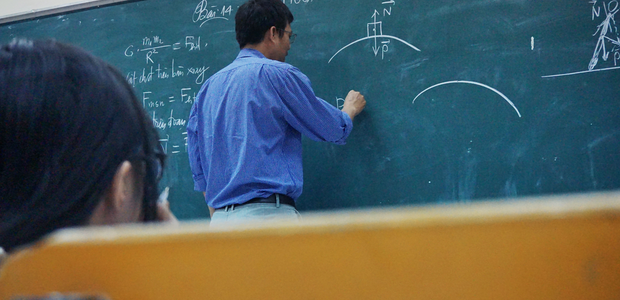Mehwish Ghulam Ali on do son preferences cause a gap between desired and actual fertility in Pakistan?
Mehwish Ghulam Ali will present at the WIDER Seminar Series on 6 November 2019.
Abstract - Do son preferences cause a gap between desired and actual fertility in Pakistan?
Parental preference for sons is a major characteristic of many societies driven by a range of economic, religious and tradition-based beliefs. I describe a new and more nuanced way of measuring the prevalence of son preference, which captures the stated desire for sons as well as the actual number of sons for those women who have completed fertility. I call this measure Gender Preferences at Birth (GPB).
I use Household level information to create a more accurate measure of son preference which shows delineation between its different forms. Applying variations of logit models, I test this new measure of son preferences as a determinant of the gap between desired and actual fertility, also known as the fertility gap. A negative fertility gap would suggest that families are having larger families to achieve their desired number of sons. The results suggest that son preferences may result in larger families when son preferences are unmet. This provides some insight into why fertility levels remain high and deviate from other countries at a similar stage of economic development.
About the speaker
Mehwish Ghulam Ali is a PhD fellow at UNU-WIDER, pursuing her PhD in Economics with RMIT University in Melbourne, Australia. Mehwish is an experienced researcher with a demonstrated history of working on issues of gender, domestic violence and household level decision making problems. Previously she has worked with the Central Bank of Pakistan for the Centre for Survey Design in conducting the Consumer Confidence Surveys.
Her current research interests lie in intra household decision making and gender dynamics.
WIDER Seminar Series
The WIDER Seminar Series showcases recent and ongoing work on key topics in development economics. The weekly sessions held in Helsinki are open to local and visiting researchers, policy makers, and others interested in development topics. Click here to learn more.
Seminars will be live streamed on Facebook and recordings and presentations will be available after the event here.
For more information email tomi@wider.unu.edu
 Join the network
Join the network